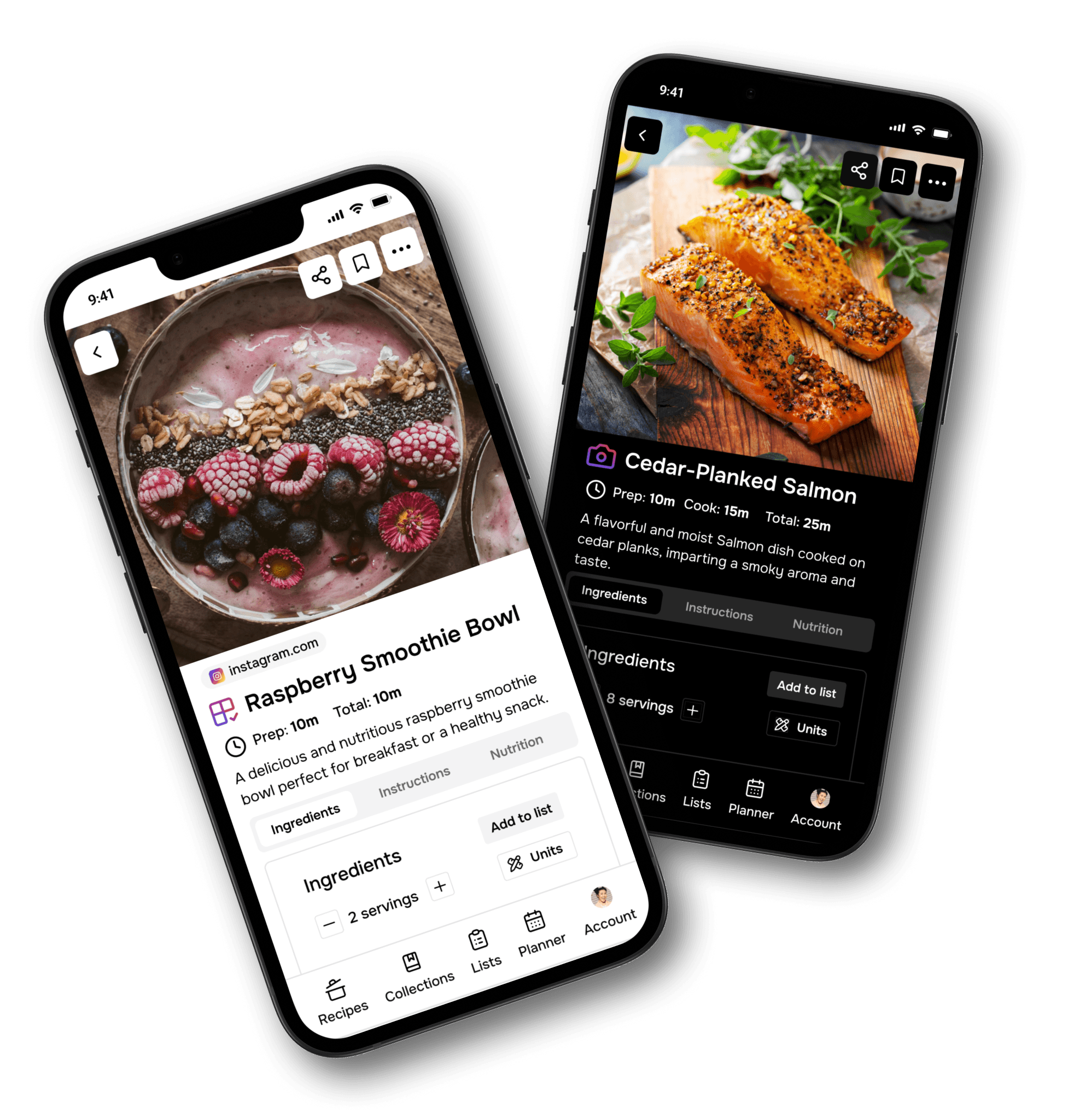Your Gut-Brain Connection: The Two-Way Street
May 04, 2024

Ever felt butterflies in your stomach before a big event, or gotten a gut feeling about something? These expressions aren't just figures of speech.
The gut and brain are constantly talking to each other thanks to a complex network of nerves and chemicals that allows your digestive system and central nervous system to constantly chat with each other. This conversation can influence everything from your mood and digestion to your stress levels and food cravings.

Why This Connection Matters
Our brains and guts evolved together to keep us healthy. The gut needs to tell the brain what nutrients we're getting from food, and the brain needs to tell the gut how to process that food efficiently. This connection also acts as an alarm system. If you eat something bad, the gut sends a signal to the brain, making you feel sick so you avoid that food in the future.
The Gut-Brain Axis in Action
The gut-brain connection is a complicated web of different systems working together. Here are some of the key players:
- Enteric Nervous System & Vagus Nerve:The gut-brain connection is a complex two-way communication highway. Our central nervous system sends signals to the digestive tract via the sympathetic ("fight or flight") and parasympathetic ("rest and digest") nervous systems, influencing digestion, nutrient absorption, and inflammation. But the gut isn't just a passive receiver. It has its own "second brain" – the enteric nervous system –with millions of nerve cells that not only respond to the central nervous system but can also function independently. This system also works with immune cells, monitoring digestion and sending information about bloating, infection, or blood flow issues back to the brain. The vagus nerve acts as the major information highway in this network.

Image source: https://atlasbiomed.com/blog/six-amazing-facts-about-the-vagus-nerve/
- Gut Microbiome: The trillions of bacteria living in your gut aren't just there to help digest food. These microbes not only impact your appetite and cravings (through SCFAs), but they also play a surprising role in brain health. They help maintain the blood-brain barrier, which shields your brain from harmful substances, and can even modulate inflammation levels linked to some brain disorders.
Conditions and the Gut-Brain Connection
Researchers are increasingly finding links between the gut-brain connection and various health issues. Some conditions that might be influenced by this connection include:
- Irritable bowel syndrome (IBS)
- Anxiety and depression
- Chronic pain
- Certain neurological disorders
Taking Care of Your Gut-Brain Connection
The good news is there are ways to support a healthy gut-brain connection through diet. Here are some tips:
- Probiotics: Found in fermented foods like yogurt, kimchi, kefir, sauerkraut, and cheese, these live bacteria may improve brain health. Some strains, called "psychobiotics," show promise in reducing anxiety and depression symptoms.
- Prebiotics: These dietary fibers, found in fruits, vegetables, and whole grains, feed the good bacteria in your gut, potentially promoting brain health.
- Omega-3 fats: Oily fish are a great source of these fats, which can increase good gut bacteria and reduce the risk of brain disorders.
- High-fiber foods: Whole grains, nuts, seeds, fruits, and vegetables provide prebiotic fibers that benefit your gut bacteria and may even reduce stress hormones.
- Polyphenol-rich foods: Cocoa, green tea, olive oil, and coffee contain polyphenols, plant chemicals that your gut bacteria digest. Polyphenols can increase healthy gut bacteria and may improve cognition.
- Tryptophan-rich foods: Turkey, eggs, and cheese are all high in tryptophan, an amino acid converted into the neurotransmitter serotonin.

Fermented foods all contain healthy gut microbes and have been shown to alter brain activity.
By nourishing your gut microbiome and managing stress through exercise or relaxation techniques, you can promote a healthy two-way conversation between your gut and brain, ultimately benefiting your overall well-being.
Sources:
- https://www.health.harvard.edu/blog/brain-gut-connection-explains-why-integrative-treatments-can-help-relieve-digestive-ailments-2019041116411
- https://www.healthline.com/nutrition/gut-brain-connection#TOC_TITLE_HDR_4
- https://my.clevelandclinic.org/health/body/the-gut-brain-connection
- https://www.health.harvard.edu/diseases-and-conditions/the-gut-brain-connection

